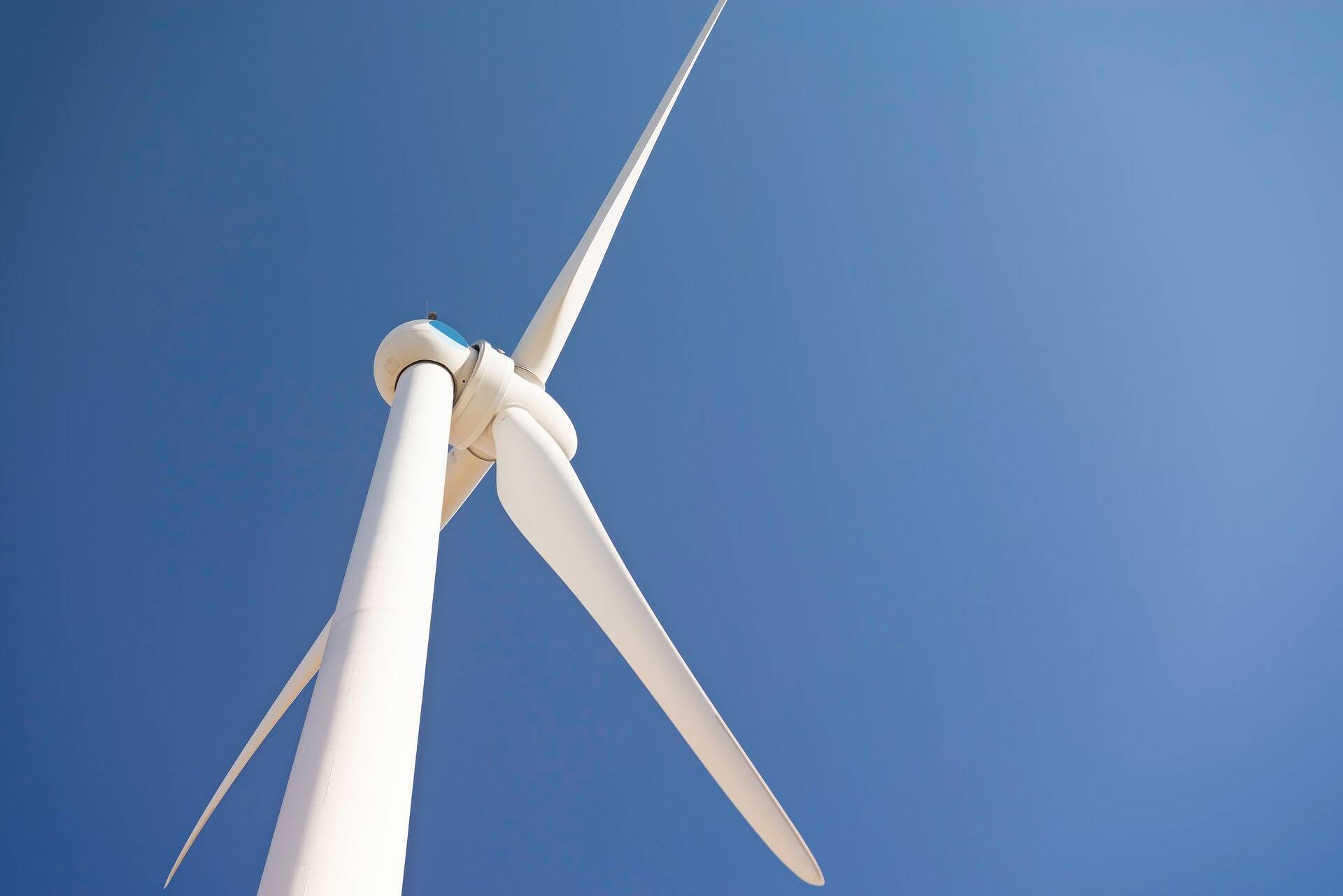You’ve reached your limit!
To continue enjoying Utility Week Innovate, brought to you in association with Utility Week Live or gain unlimited Utility Week site access choose the option that applies to you below:
Register to access Utility Week Innovate
- Get the latest insight on frontline business challenges
- Receive specialist sector newsletters to keep you informed
- Access our Utility Week Innovate content for free
- Join us in bringing collaborative innovation to life at Utility Week Live

Western Power Distribution’s Jon Berry tells Utility Week Innovate how digitalisation and an open, ‘data first’, mindset can play crucial roles in fostering low carbon innovation across the energy sector.
It is becoming more and more apparent with each energy policy announcement the government makes that energy data and network digitalisation will play a key role in reaching net zero.
 The challenge of reaching net zero and fending off the alternative of investing billions into more assets and infrastructure means that we are now moving towards a data as an asset approach and delivering leading edge digitalised solutions.
The challenge of reaching net zero and fending off the alternative of investing billions into more assets and infrastructure means that we are now moving towards a data as an asset approach and delivering leading edge digitalised solutions.
We are certainly benefiting from the hard work that our data peers have made in other industries and are increasingly working with new organisations to play catch-up. We know just how important data is for the future of our industry, and are building a ‘data first’ culture, making it integral to everything we do.
Determining direction and decision making
At Western Power Distribution (WPD) we have increased our data and digitalisation capabilities to help deliver a more efficient service for our customers and aid the transition to net zero.
In our recently published RIIO-ED2 business plan, we have set out how we will employ an automated approach to the connections application, analyse more network data and change our approach to utilising data from smart meters.
It is through these innovative solutions that we are able to harness digital technology and continue to build a smart network.
In the past, the Energy Data Taskforce has highlighted that data is often inaccurate and poor quality within the energy sector and urged energy companies to create strategies that focused on rectifying these issues. In late 2020 we launched our first Digitalisation Strategy that challenges the status quo, building on the key recommendations from the Taskforce report and aligning with our target to be net zero by 2028.
Data must now be integral to everything that we, as an industry, do. Not only must it be used to provide real-time monitoring of our systems and allowing for a more flexible network in the future, but it must also play a role in determining our direction and decision making.
 By harnessing local network data, we can better facilitate the connection of more low carbon technologies (LCTs) onto the grid while minimising the cost of network reinforcement. This will help consumers to make greener choices and keep their energy bills down.
By harnessing local network data, we can better facilitate the connection of more low carbon technologies (LCTs) onto the grid while minimising the cost of network reinforcement. This will help consumers to make greener choices and keep their energy bills down.
Data can also play a crucial role in identifying and working to support our most vulnerable customers, one of the key pillars of our business plan is to work with over 600,000 customers in providing them with smart energy action plans and help them to save money.
Workforce ‘fit for the future’
Key to delivering our digitalisation strategy are the three priority areas of enhancing the digital skills of our workforce, providing open data access and improving the management of data across the energy sector.
It’s becoming increasingly clear that to reach net zero, we need to focus on investing in green jobs and skills. As an organisation, we need to make sure that WPD’s workforce is fit for the future and have the skills required.
To digitalise the business at speed, we have set up a Data Science (DS) Degree Apprenticeship Scheme, which provides applicants with a paid way to build a career in data science. We also offer the Power Academy in partnership with nine other universities and industry, which is a scholarship scheme run by the Institution of Engineering and Technology.
These schemes are helping to foster an environment where data is put first and where a job in data science is seen as both an exciting and economical choice. It also ensures that we, as a network operator, are best equipped to deal with the energy system as it becomes increasingly decentralised and decarbonised.
Data maximising efficiency and flexibility
 To make net zero achievable, the energy sector must play a crucial role in bringing along others and deliver solutions that work for them. Making our data truly open will have a powerful impact in providing valuable insight for partners and drive wider benefits across the economy. This will enable cross party collaboration which in turn will drive further innovation.
To make net zero achievable, the energy sector must play a crucial role in bringing along others and deliver solutions that work for them. Making our data truly open will have a powerful impact in providing valuable insight for partners and drive wider benefits across the economy. This will enable cross party collaboration which in turn will drive further innovation.
This thinking has spurred us to become the first DNO to launch a data science challenge series. These challenges offer anyone the chance to use WPD’s data to solve challenges, which are not theoretical issues but real industry-wide problems including fuel poverty and balancing the energy grid. These competitions are integral to creating an inclusive energy data community where we can pool our resources together and find tangible solutions that support the net zero transition.
Digitalisation and more efficient use of data gives operators greater visibility to balance the network and maximise efficiency and flexibility in the long-term.
This will improve connection planning and help the industry deliver on our RIIO-ED2 Business Plans. For WPD, this means same day connection response for low carbon technologies and ensuring the grid is ready for 1.5 million additional EVs and 600,00 heat pumps.
Even with these ambitious targets, at WPD we are able to keep energy bills broadly flat because of our growing data first culture which is driving innovation and efficiency, ensuring that we can tailor solutions that support our customers. It is through our focus on data and digitalisation, that we are able to not only facilitate but spearhead the energy sector’s drive to net zero.

See this content brought to life at Utility Week Live, 17-18 May 2022 NEC Birmingham
Decarbonising heat and delivering smart energy networks are among the frontline challenges at the heart of Utility Week Live 2022’s live content programme.
View the challenges and be alerted for tickets to the industry’s most eagerly awaited reunion at utilityweeklive.co.uk.
Please login or Register to leave a comment.